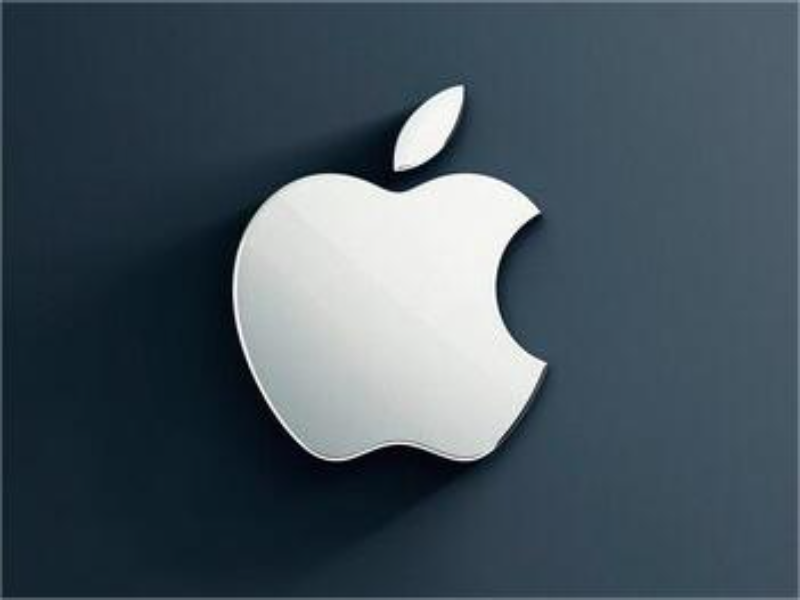- Apple reported its Q3 2024 financial results, showing a 5% overall revenue increase driven primarily by a significant rise in iPad sales.
- This revenue boost comes amid declining iPhone sales, which have raised questions about the company’s ability to maintain its leadership in the smartphone market.
OUR TAKE
The surge in iPad revenue, rising from $5.8B to $7.2B year-over-year, highlights the effectiveness of Apple’s recent product refreshes. However, the persistent decline in iPhone sales signals a critical need for innovation in Apple’s flagship product line.
-Lilith Chen, BTW Reporter
What happened
Despite a notable revenue boost from the iPad, Apple faced challenges with its iPhone sales, which dropped slightly from $39.7B to $39.3B year-on-year. This decline is largely attributed to the greater China region, where revenue fell from $15.8B to $14.7B.
Apple implemented aggressive price discounts for the iPhone to combat competition, particularly from Huawei, starting in May. This strategy resulted in a temporary sales increase, with iPhone sales surging nearly 40% in May compared to the previous year, but the overall quarterly performance still reflected a downturn.
CEO Tim Cook emphasised the company’s commitment to innovation, stating that many resources have been reallocated to bolster Apple’s efforts in generative AI. “What we’ve done is we’ve redeployed a lot of people onto AI that were working on other things,” Cook noted. This strategic pivot comes after the company shifted its focus away from the now-defunct autonomous car project, Project Titan.
Also read: Apple releases iOS 18.1 and macOS 15.1 betas with AI features
Also read: Apple joins Biden’s AI safety initiative with major tech giants
Why it’s important
While the iPhone remains Apple’s most significant revenue source, the continued decline raises questions about the company’s market positioning, particularly in light of Huawei’s resurgence in China, where it outsold Apple with 10.6M units in Q3. This shift reflects the growing competition and changing consumer preferences, as many buyers gravitate towards more affordable options with advanced features. As Apple continues to innovate in AI, the pressure to reinvigorate the iPhone lineup becomes increasingly crucial for maintaining its competitive edge in the smartphone market. The introduction of new features and enhanced user experiences will be essential to attract consumers who may be considering alternatives.
With iPad sales providing a temporary cushion, the company’s ability to adapt to these evolving market dynamics and intensifying competition will play a vital role in shaping its future financial outlook. Apple must leverage its resources effectively to ensure sustainable growth and regain momentum in a landscape that is rapidly changing.

